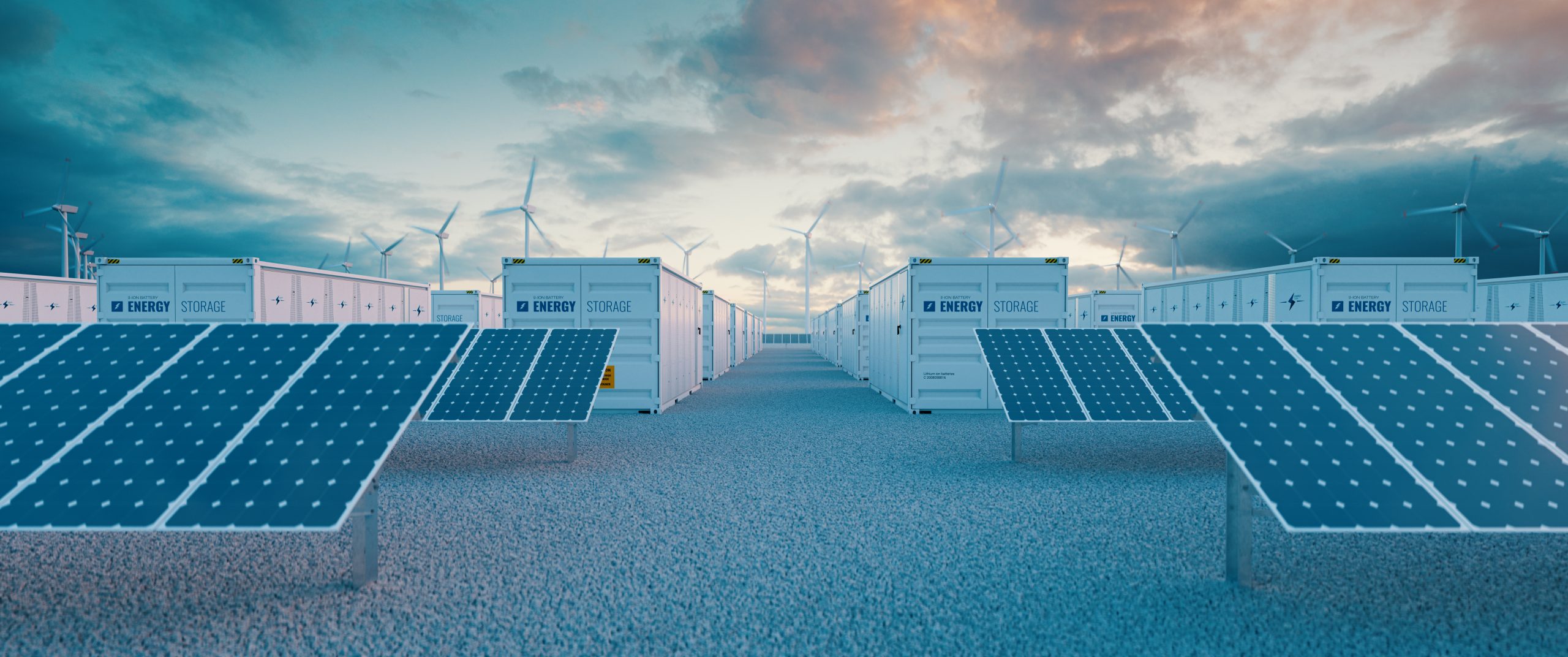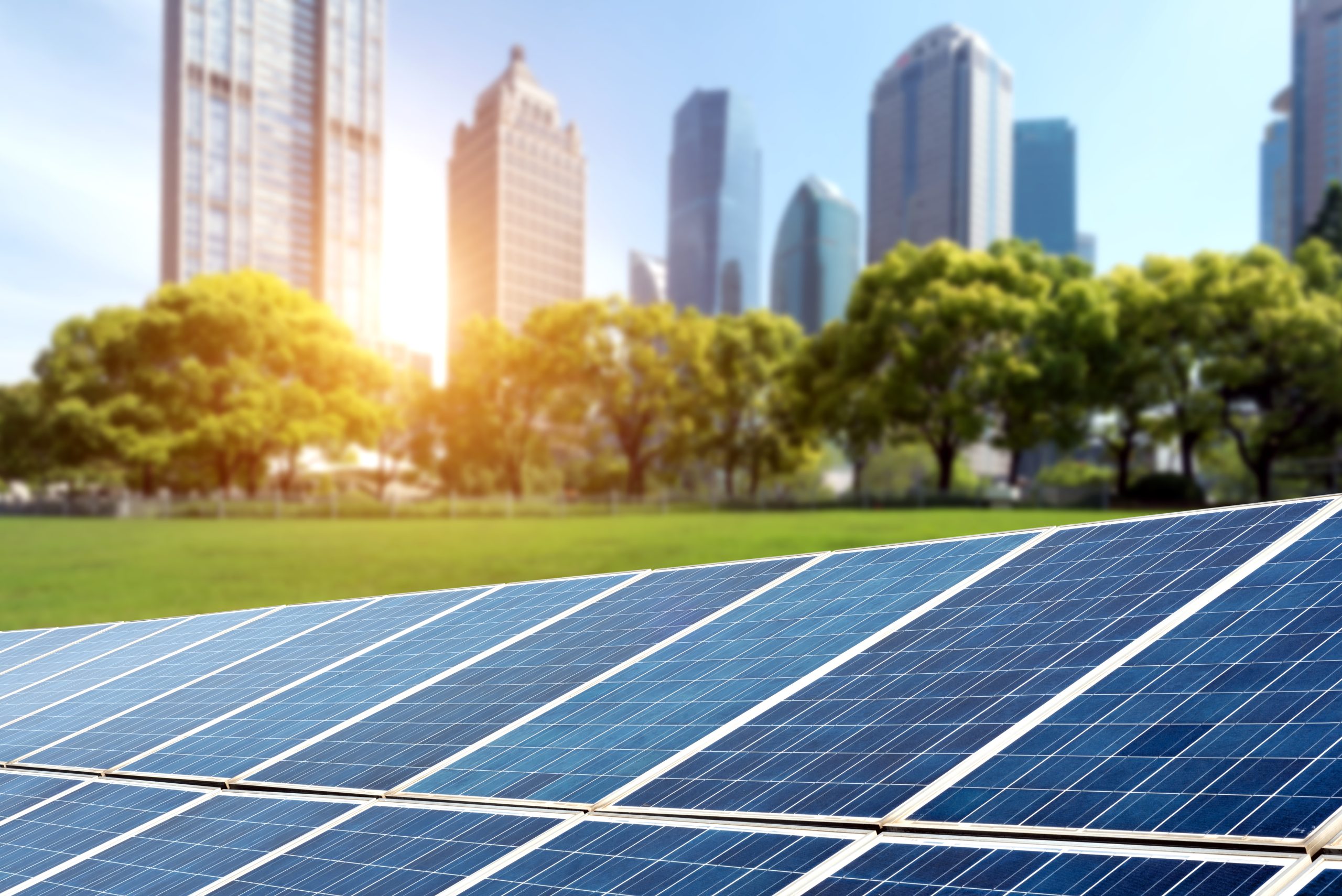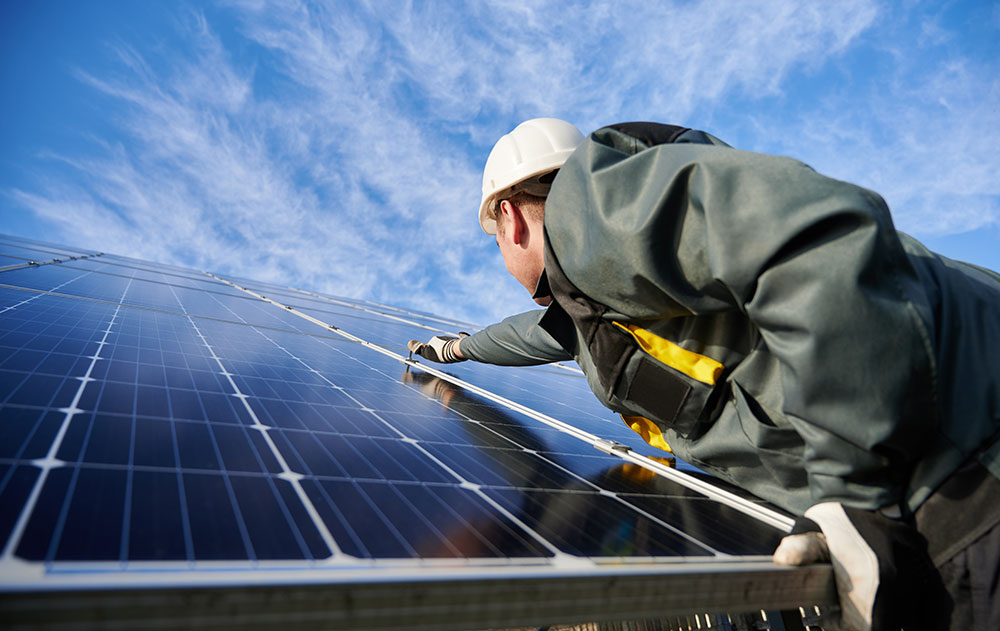Malaysian industrial and commercial operators face mounting pressure from 2 directions: electricity costs have surged more than 60% under the new RP4 framework while corporate sustainability requirements grow stricter. BloombergNEF's 2025 analysis confirms what forward-thinking businesses already know—industrial solar panel installation isn't just an environmental choice, it's a strategic necessity for maintaining competitive advantage.
For manufacturing facilities, warehouses, and commercial complexes consuming high daytime power, the business case is compelling.
With industrial solar installations, your business can:
- Slash operating costs compared to gas and coal facilities
- Be shielded against future tariff hikes under the new AFA mechanism
- Strengthen its position with ESG-focused international buyers
- Gain independence from grid volatility.
Why Now Is the Time for Industrial Solar in Malaysia
The convergence of rising energy costs, maturing solar technology, and strengthening sustainability mandates creates an unprecedented opportunity for Malaysian businesses. As traditional power generation becomes increasingly expensive and volatile, industrial solar installations offer a proven path to long-term cost control and environmental compliance.
Electricity Tariff Surge & Energy Demand Hits Record Highs
The July 2025 implementation of Regulatory Period 4 (RP4) has fundamentally changed Malaysia's energy cost structure. Commercial and industrial users now navigate a complex component-based billing system including:
- New capacity charges
- Monthly-changing Automatic Fuel Adjustment (AFA) rates
- Peak demand penalties
- Network usage fees.
These changes have pushed facility energy costs up by more than half, with further rises anticipated amid ongoing fuel price volatility.
Solar Tech Gets Cheaper & More Efficient Than Ever
Solar panel efficiency has crossed the 20% threshold, while installation costs continue to drop. Malaysia's strategic position near the equator provides exceptional solar generation potential, with consistent year-round sunlight exposure and optimal conditions for solar power generation. This equatorial location enables solar panels to receive direct sunlight throughout most of the year, maximising energy generation potential.
Modern industrial installations deliver:
- Higher power density per square meter
- Enhanced durability with 25-year performance guarantees
- Smart monitoring capabilities for optimal yield
- Grid integration features for seamless operation.
Industrial Solar Elevates ESG Scores & Brand Credibility
MyRER's 31% renewable energy target by end-2025 has put pressure on businesses to demonstrate concrete sustainability actions.
Solar installations provide:
- Quantifiable carbon reduction metrics
- Verified renewable energy certificates (RECs)
- Enhanced supplier sustainability scores
- Competitive advantage in ESG-focused markets.
What Industrial Solar Panel Installation Really Involves
While the business case for solar is compelling, successful implementation requires careful attention to technical details and operational requirements. Understanding the technical and operational requirements of industrial solar is crucial for successful implementation. While the benefits are clear, proper execution demands careful attention to system design, equipment selection, and regulatory compliance—all tailored to your facility's specific needs.
What Defines an ‘Industrial-Scale’ Installation
Industrial solar installations represent Malaysia's highest-potential segment for energy cost reduction. These systems typically exceed 75kW capacity and feature:
- Advanced monitoring systems with real-time performance tracking
- Industrial-grade inverter technology for stable power output
- Comprehensive safety systems meeting international standards
- Smart grid integration capabilities for optimal energy management
- Professional engineering certification at every project stage.
Property Types Best Suited for Large Solar Projects
Maximum solar benefits align with specific property characteristics:
- High daytime energy consumption patterns
- Large, unobstructed roof areas (minimum 750 square meters)
- Robust structural integrity supporting additional loads
- Compatible electrical infrastructure for grid integration
- Strategic location within TNB's distribution network.
Translating these technical requirements into reality demands a systematic approach.
EPCC Approach: Full Engineering & Regulatory Control
Successful industrial solar projects require comprehensive Engineering, Procurement, Construction, and Commissioning (EPCC) expertise. This integrated approach ensures every aspect of your installation—from initial design through final handover—meets the highest standards of performance and compliance.
In-Depth Site Assessments & Feasibility Analysis
Professional assessment protocols ensure optimal system design:
- Structural load analysis using advanced modelling
- Detailed shading studies across seasonal variations
- Energy consumption pattern mapping
- Grid interconnection feasibility verification
- Financial modelling with current tariff structures
- Environmental impact evaluation.
Custom Engineering Design & Strategic Procurement
Engineering excellence drives system performance:
- Precision system sizing matched to consumption patterns
- Premium component selection meeting international standards
- Optimised layout design for maximum generation
- Future-proof electrical integration planning
- Advanced performance modelling using industry software
- Comprehensive safety system integration.
Full Regulatory Navigation & Grid Compliance
Current Malaysian regulations as of August 2025 require:
- SelCo registration as the current standard pathway
- TNB interconnection compliance under RP4 standards
- SEDA certification for system registration
- Local authority permits per jurisdiction
- Generation License (for systems >24kWac single-phase or >72kWac three-phase)
- Enhanced export control systems under new SelCo requirements
- Smart meter integration per TNB's latest specifications
- Battery storage readiness documentation where applicable.
End-to-End Execution with Performance Assurance
Project implementation follows stringent quality controls:
- Dedicated project management with milestone tracking
- Construction quality assurance protocols
- Equipment testing to international standards
- Commissioning verification procedures
- Performance ratio validation
- Comprehensive documentation and handover processes.
This comprehensive EPCC approach unfolds through a structured timeline, ensuring every aspect is properly addressed.
From Feasibility to Full Commissioning: How the Project Unfolds
Industrial solar installations follow a proven implementation roadmap:
Phase 1 - Initial assessment (2-4 weeks):
- Comprehensive site evaluation
- Energy consumption analysis using actual data
- Preliminary system design with 3D modelling
- Initial ROI calculations based on current tariffs
Phase 2 - Planning & Approvals (6-12 weeks):
- Detailed engineering documentation
- Authority submissions across agencies
- Grid connection applications with TNB
- Contract finalisation with clear deliverables
Phase 3 - Implementation (8-16 weeks):
- Equipment procurement from certified suppliers
- Professional installation by qualified teams
- System integration with existing infrastructure
- Testing and commissioning protocols
Phase 4 - Handover & Operation:
- Performance verification against guarantees
- Staff operational training programmes
- Documentation transfer and system handover
- Monitoring system activation.
Ready to Start Your Industrial Solar Panel Installation?
With electricity costs rising and solar technology advancing, industrial solar panel installation has evolved from an optional sustainability initiative to a fundamental business imperative. Companies that act now gain a decisive competitive edge through controlled energy costs, enhanced operational resilience, and strengthened market positioning.
For businesses ready to secure their energy future, Northern Solar delivers comprehensive EPCC solutions under the current SelCo framework that maximise returns while meeting all regulatory requirements. Our engineering expertise combines thorough technical feasibility studies, bespoke system designs, and meticulous compliance standards, supported by professional installation and long-term performance assurance.
Take the first step toward energy independence. Contact us for a direct enquiry for a customised solar solution proposal that meets your business goals today.






